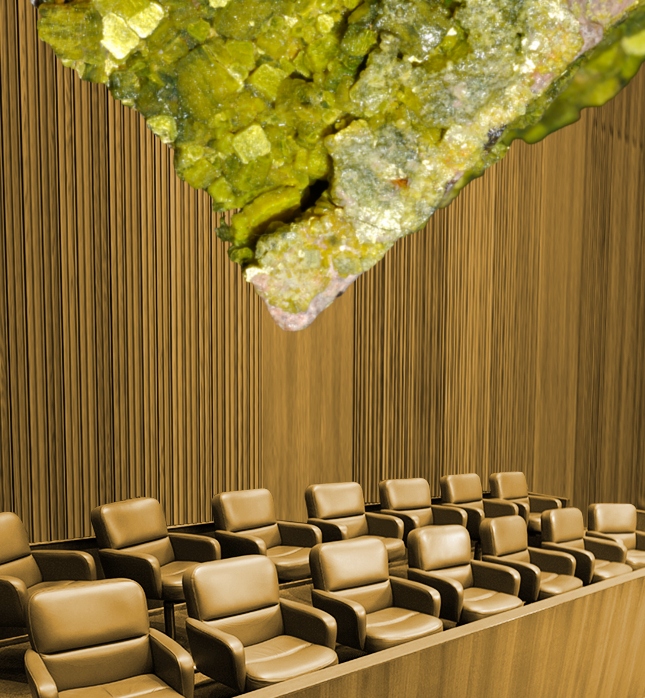Jury votes down nuclear dump
 A citizens’ jury has voted strongly against a large nuclear waste facility in South Australia.
A citizens’ jury has voted strongly against a large nuclear waste facility in South Australia.
The push to create a new radioactive waste management industry for SA was dealt a big blow by the 350-person assembly formed to reflect community views on the controversial plans.
The group voted two-thirds against the state pursuing a nuclear waste facility under any circumstances, a very different response to an earlier Royal Commission that said such a facility could begin operating by 2025.
The report from the Royal Commission in May this year predicted that a nuclear waste storage facility could generate $100 billion in income across its 120-year life.
It also said SA could access revenues of $257 billion over 120 years if it went for a large underground nuclear waste storage facility (for spent nuclear fuel rods), which would cost about $145 billion to build.
The 350 people on the Citizens' Jury were chosen at random through an independent process run outside of state government control.
The strong ‘no’ vote came at the end of a two-day meeting of the Citizens' Jury at the Adelaide Convention Centre, finalising a report to be handed to Premier Jay Weatherill.
Jurors were particularly concerned that the government could not deliver a nuclear waste facility safely, and within budget.
SA Premier Jay Weatherill says he has heard “the very clear message that's being sent”.
The Citizens' Jury report is set to form part of the government's final response to the Royal Commission, expected by the end of the year.
This process is separate to the federal government’s search for a suitable site to store low-level nuclear waste currently housed in dozens of hospitals, universities and military facilities.
Part of a cattle station on arid land near Barndioota in the lower Flinders Ranges has been singled out as an appropriate site.
The large pastoral property is part-owned by former Liberal Senator Grant Chapman.
Australia is home to over 30 per cent of the world's known uranium reserves, and South Australia sits atop the largest-known uranium deposit in the world at BHP Billiton's Olympic dam copper and uranium mine.
Royal Commissions have detailed a number of competitive advantages that South Australia could leverage in the nuclear waste industry, including stable geology, a strong international reputation for good regulation, and vast amounts of space.








 Print
Print